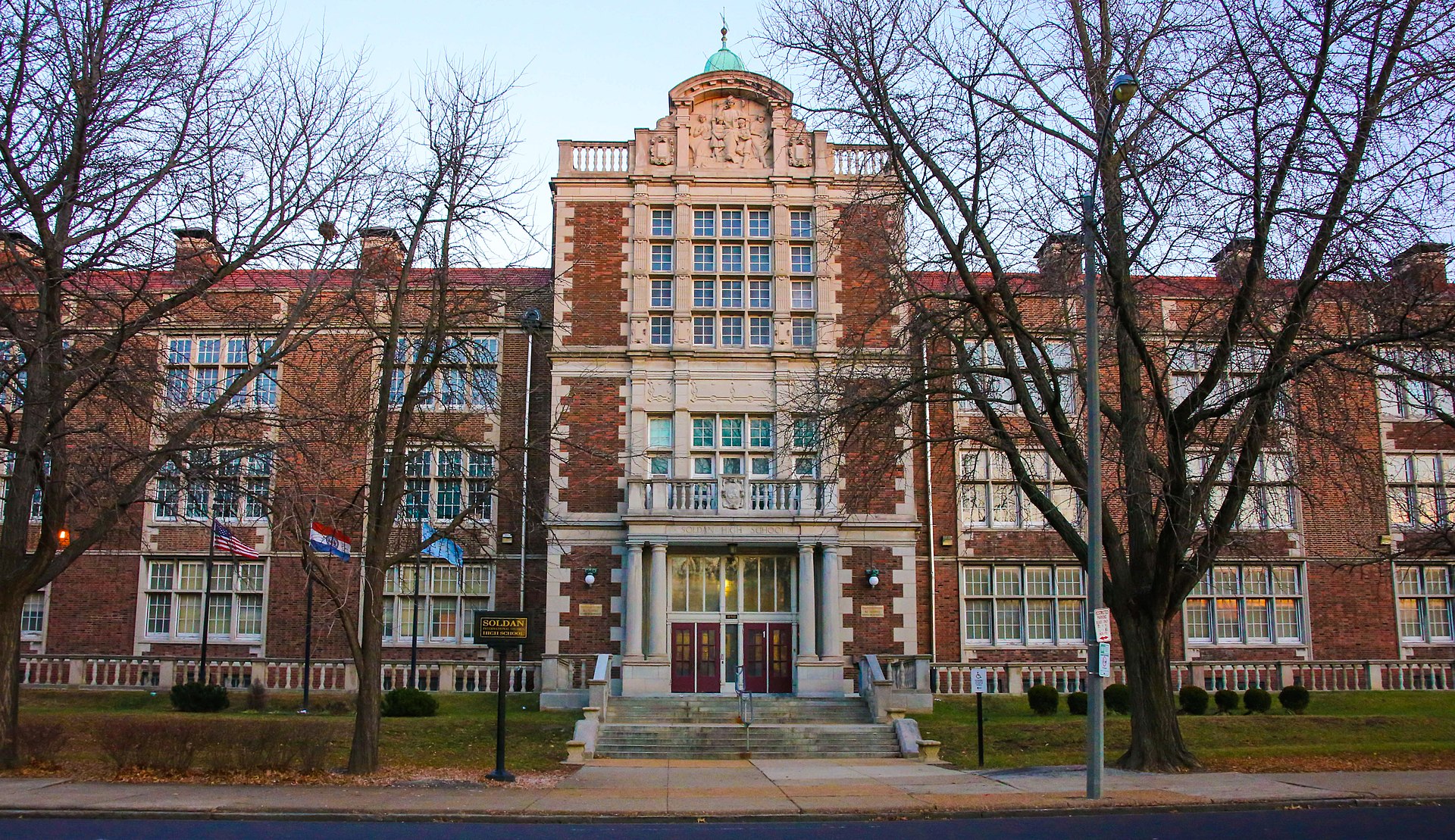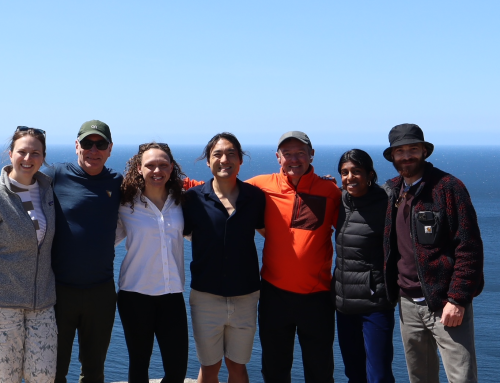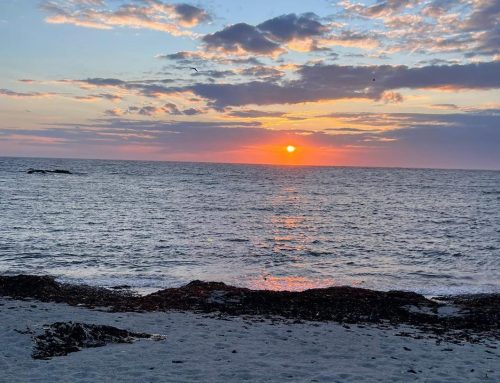To run from our vulnerability is to run from the essence of our nature, the attempt to be invulnerable is the vain attempt to become something we are not and most especially, to close off our understanding of the grief of others.
David Whyte, Consolations
I remember quite clearly the very first patient I was assigned to visit and “interview” alone as a medical student. This older man was at the VA Medical Center, just a short walk from the medical school campus in La Jolla, California. I made several visits over a few weeks period with the understanding that I was to practice the interview skills that I was learning in the interview course. What did not make a lot of sense to me was why I was assigned to a nearly mute and seriously cognitively impaired patient, one that I now recognize in retrospect as being in the very advanced stages of dementia.
Quite frustrated by this experience and desiring to do well on this assignment, yet having difficulty with accepting the impossibility of that outcome, I curiously had a positive experience of being fully vulnerable, as I sat alone with him, asking the occasional question, talking as times to fill up some of the space, and staring out the window with him in silence, gazing at the cars streaming by on the I-5 freeway. In those moments I felt completely myself, not trying to perform or meet some expectation, not feeling like I was failing at the task, but doing the task and being present without self-consciousness, unlike so much of my experience in medical education environment thus far. And certainly, and I remember this part most clearly, I had a felt bodily sense and understanding of the grief of this man’s condition (and perhaps mine as well).
10 years later during one of my visits to see my father who was dying of pancreatic cancer, now early into my career after completing my formal medical training, I remember sitting in a car with him, staring out the window. This time I was in Tucson Arizona gazing at the late afternoon sky, in silence. I was trying to connect, as I was at the VA years earlier, to share some words of bonding and love. I filled some of the space with my words. I attempted to ask some questions. Yet it wasn’t going quite the way I had envisioned or wanted it to go. Like the experience years earlier, there was silence. Like that prior experience, I felt quite vulnerable, and I think my father did as well. And, like the prior experience, there was no self-consciousness and there was no performance anxiety. Similarly, the air was thick with the haze of grief, and I could feel it in my body, much as I did during that earlier experience.
Looking back at those experiences, perhaps the learning that I thought I was failing at in both cases was not lost. It was not a failure. Perhaps vulnerability was what I was practicing in those moments. Like an important habit that shapes and informs one’s being, such as a fitness activity, or dietary choices, or a writing practice, the muscle of vulnerability was strengthening through those and other challenging and intense moments that I experienced. Now I realize that over the 30+ years of a career in medicine, vulnerability has been for me a faculty, like curiosity, attentiveness, commitment, persistence, and others. It has helped me not only to better understand the grief of others, but it has also helped me to know what to do with that understanding, how to address suffering, how to care for another, and in some ways as important how to care for myself, so I could continue to be present for others.
Upon reflection as I contemplate the impact of experiences like these, I ask myself questions like what my life would have been like had I not experienced those moments of vulnerability? Would it have closed me off to other moments of vulnerability that inevitably arrive unbidden? Would it have closed me off to those moments of vulnerability that I consciously entered, such as declaring my love for another, or ending a relationship, or making the difficult choice to leave one thing and begin something else?
My father wore on one of his ring fingers a typical high school type ring. The kind with the brass and textured shank and the head with a larger garnet-type stone. Around the stone was engraved four letters: S-O-H-K. I knew that he had attended Soldan High School in St. Louis, Missouri (also attended for one year by the playwriter Tennessee Williams), so the abbreviation did not make a lot of sense to me. I couldn’t quite make the words fit the name of the school he attended. He told me that this ring was from the School of Hard Knocks. I suppose we are all shaped in one way or another by that school. The capacity for vulnerability carries us all to the top of that class.






Leave A Comment